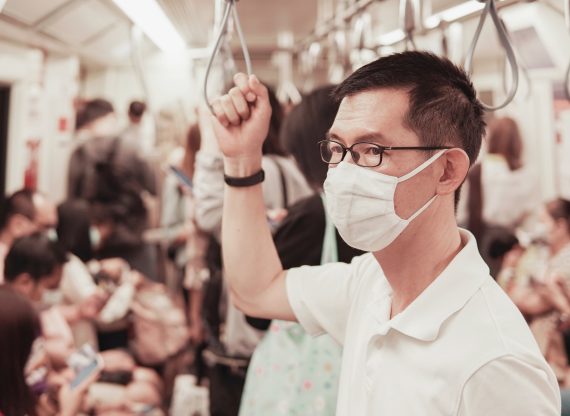To stop coronavirus, time to roll up our sleeves

As coronavirus spreads, there are excellent models in Asia that Canada can look to. Taiwan, for one, has so far succeeded in effectively fighting the coronavirus. In a population of 24 million with three million Chinese visitors last year, and with excellent public health statistics, Taiwan has had only 49 cases. This number is now growing at about one case per two days.
In contrast, British Columbia alone has 46 confirmed cases. Canada as a whole has 138 cases, with no end in sight.
What accounts for the difference?
Taiwan did not use draconian social measures. Unlike mainland China, there was no nailing peoples’ houses shut, no locking people away in temporary hospitals against their will, no shootings at roadblocks. Rather, Taiwan simply sat down and got to work.
First, travel restrictions. The very day the coronavirus was announced, Taiwan started health checks on incoming passengers, with officials boarding before passengers even deplaned. By early February, all flights from China were cancelled, and visitors who had been to China in the previous 14 days were required to self-quarantine. Anybody who violated these quarantines, like a man who returned from Wuhan feeling sick and then went to a dance club, was fined US$10,000.
Second, testing. Long before confirming its first case, Taiwan required hospitals to test anybody with symptoms. Testing kits were available and widely used, even retesting at-risk patients to ensure they remained uninfected. Health officials then traced and isolated anybody contacted by any of the patients, and quarantined these people, again under penalty of a large fine.
Third, masks. Taiwan quickly built up a public stockpile of masks that were sold three per person per week at the subsidized price of $1 each, distributed to pharmacies and convenience stores, and sold online for people concerned about standing in line at a pharmacy. Incidentally, this also allowed automatic tracking of possibly sick people, who might buy more masks, in order to better understand where tests were most needed and local hospitals should be prepared.
These are all measures that Canada can take. Every day we wait, we run the risk of infecting exponentially more Canadians.

